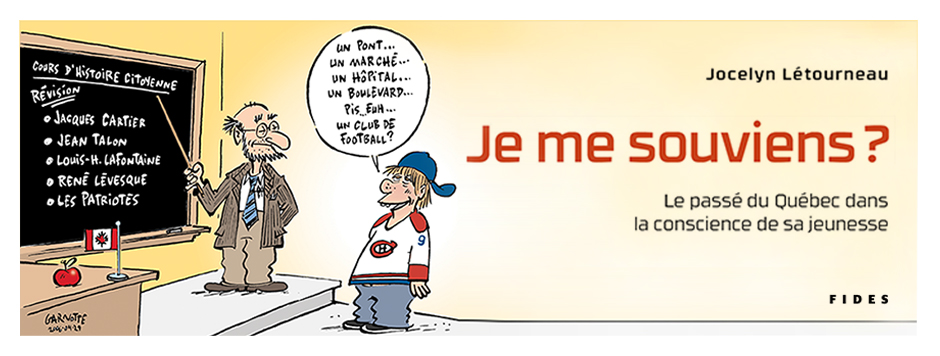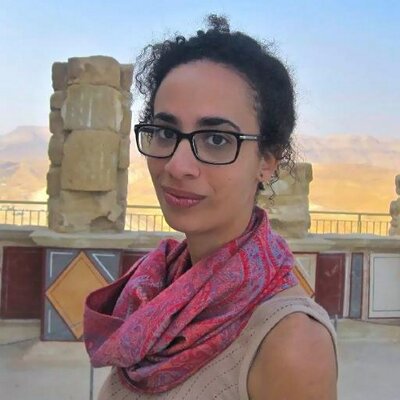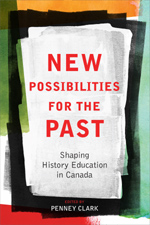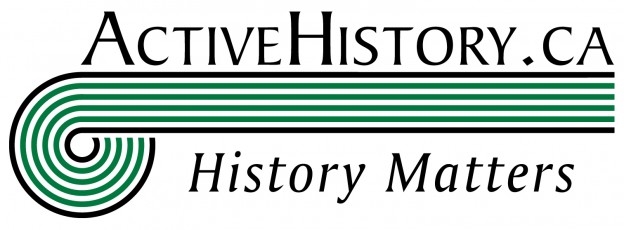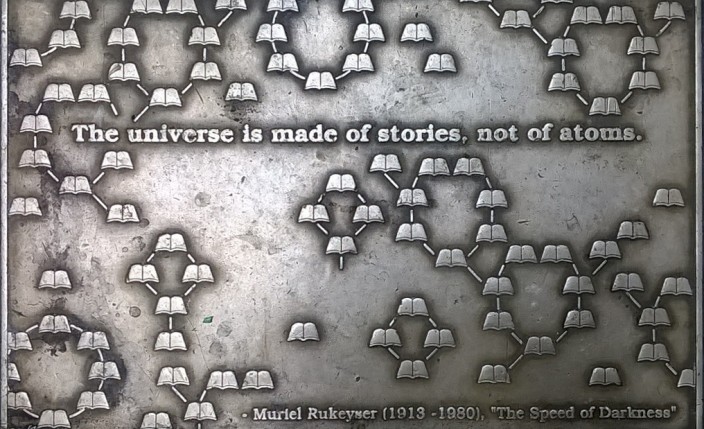
Click on the image to read this short blog post: “Imagine you are in school and asked to write down, in a page or two, the history of your country, your nation or your homeland (patria) as you know it. While this task may sound trivial, it tells us some important facets of people’s ability to use knowledge of the past for constructing a meaningful historical narrative.”
1 0
Dans: Articles


